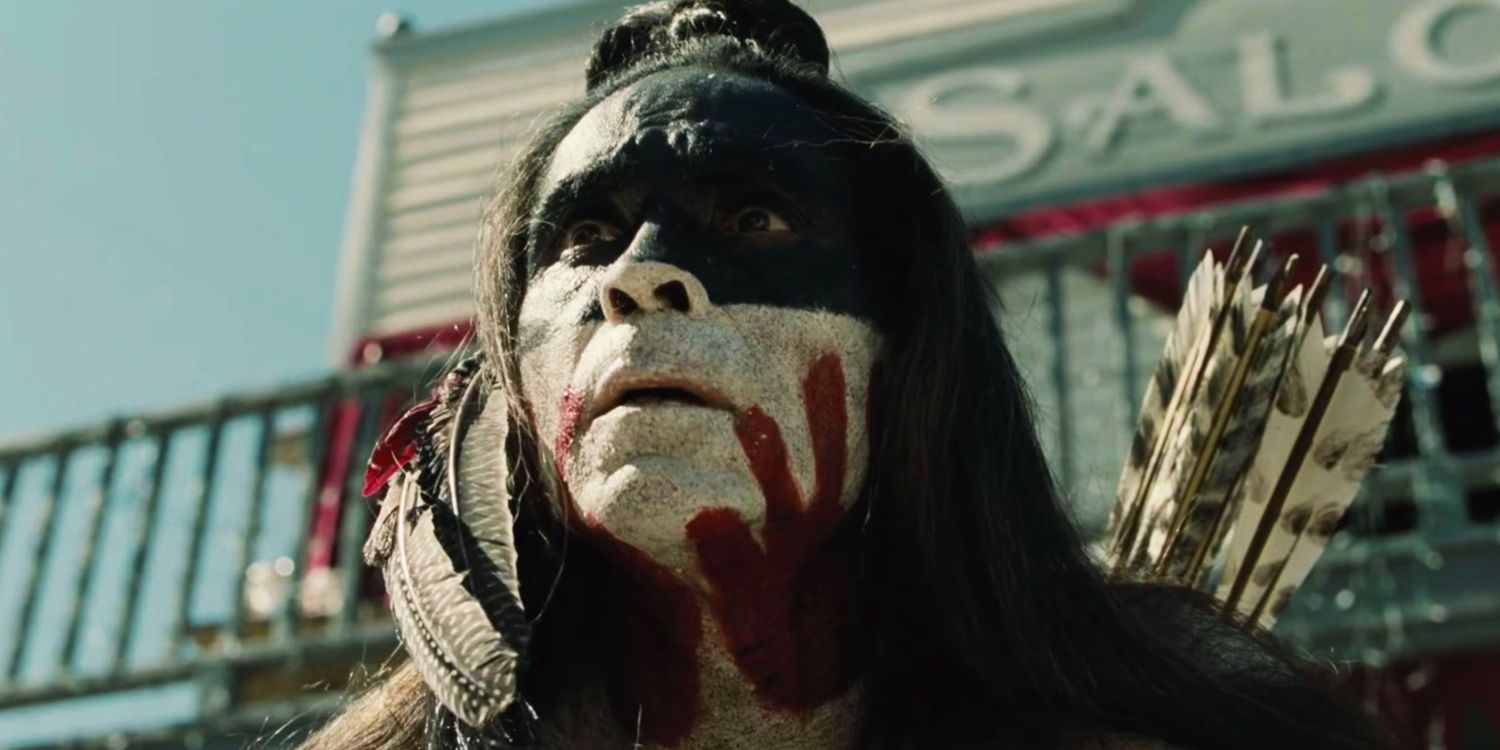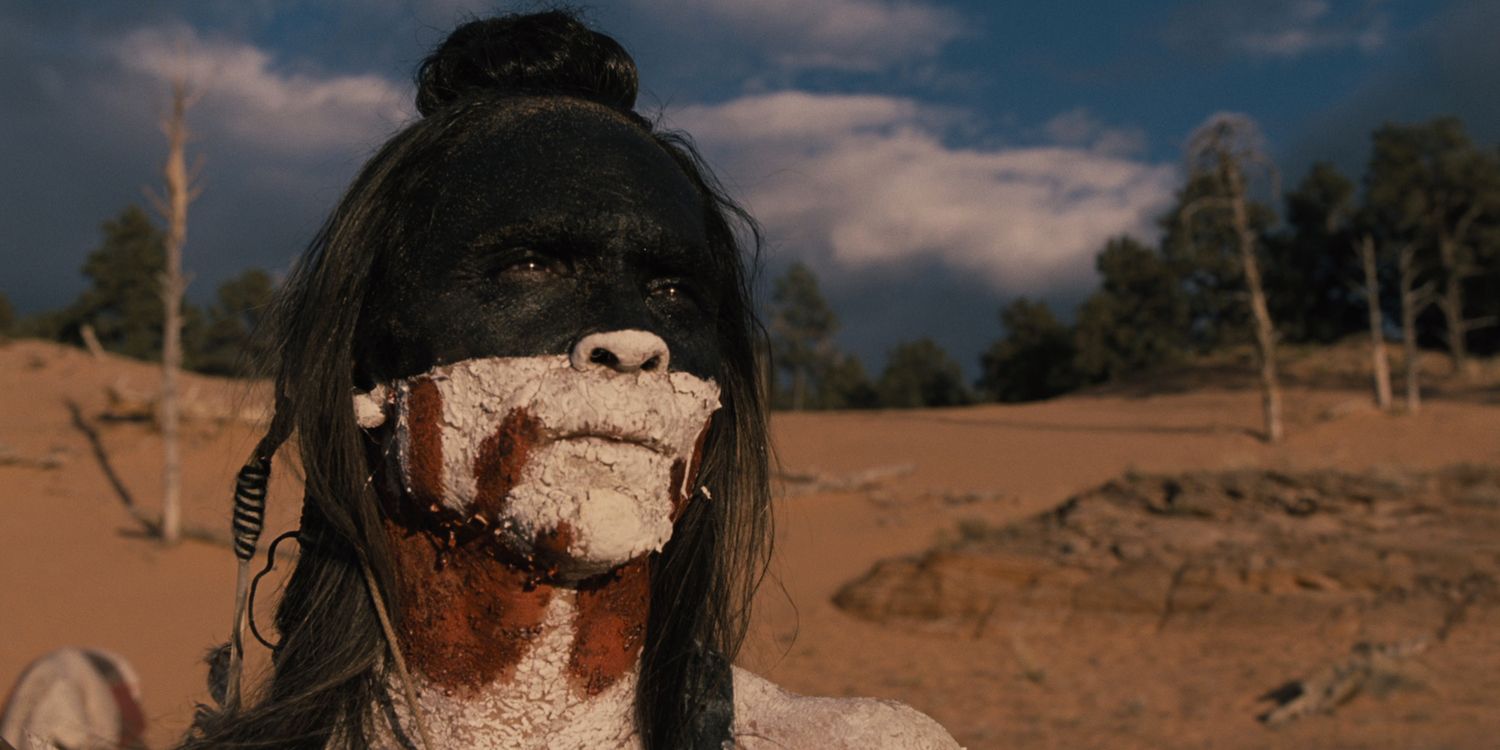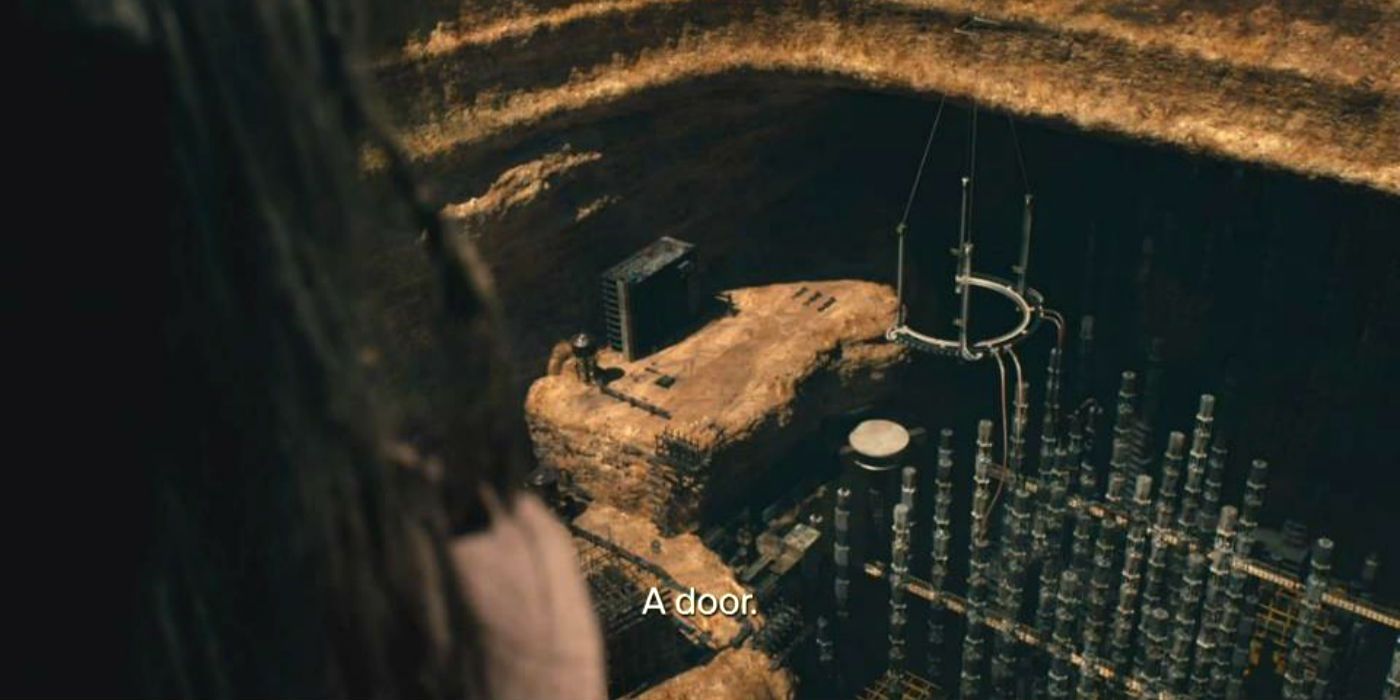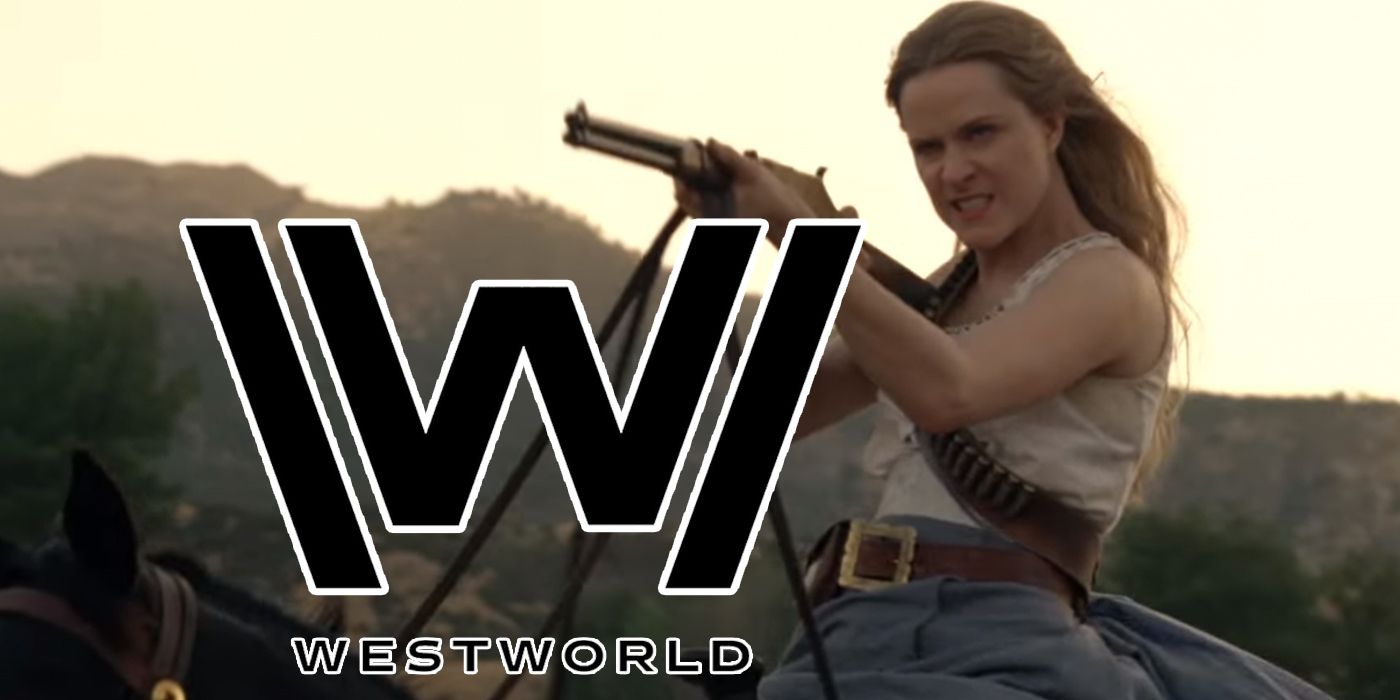WARNING: Spoilers for Westworld Season 2 Episode 8, "Kiksuya".
-
Westworld Season 2 has been a rough ride, but with Episode 8, "Kiksuya", it finally delivers something a great episode akin to the quality of the first season. The episode saw the theme-park-run-amok thriller step far out of its well-worn comfort zone, diving into a multiple-decade long remembrance (in Native American language Lakotan, "Kiksuya" means "remember") of lost love and broken reality that finally began to line up the countless dangling threads.
That Westworld Season 2 has been a disappointment is well documented. At points, it's felt like Jonathan Nolan has taken Reddit theorists cracking the secrets of Season 1 so to heart he wanted the second set of episodes to be utterly impenetrable, but beyond purposeful slieght-of-hand, the entire show stumbles as a tricky second album suffering from lack of planning. Despite being "awake", the robot characters feel less well-defined than when they were on programmed loops, filling narrative positions rather than letting their arcs tell the story, while an obsession with non-linear storytelling - multiple timelines were the twist of Season 1, but are so prevalent in Season 2 that less than halfway through we were dealing with a dozen at once and in Episode 6 a new aspect ratio had to be introduced just to keep things clear - has created mystery and confusion where there needn't be.
Read More: Westworld's Multiple Timelines Are Ruining Season 2
What's remarkable is that "Kiksuya" deals in many of these problematic aspects, yet does so with such emotional foresight that the prior missteps are nowhere to be seen. We're going to look at what Westworld finally got right, how it reshapes preconceptions of the season, and whether this marks a proper turnaround.
- This Page: How Episode 8 Corrects Westworld Season 2's Biggest Mistakes
- Page 2: Can Westworld Season 2 Keep This Quality Up?
Episode 8 Reverses Some of Westworld Season 2's Biggest Complaints
The episode centers on Akecheta, the stoic leader of the enigmatic Ghost Nation played by Zahn McClarnon who's skulked in the background of Westworld Season 2. In telling his story to Maeve's daughter (actually Westworld's Neo seeing through her progeny's eyes), we go all the way back to Logan Delos' first discovery of the hosts (where Akecheta was a stand-in assistant), through his early, happy times in the park until Dolores' murder of Arnold, a reprogram to become a ruthless killer around the time of Logan and William's dark visit to the park, then a decade-long pilgrimage to try and find The Door at the heart of this season's mystery, a repeated run-in with Maeve and her daughter, and finally becoming part of Ford's new narrative.
It's a sprawling episode that touches on story threads from across all of Westworld so far over a period of thirty or more years, and yet it never feels needlessly complex thanks to the centering of every reveal or connection being through Akecheta's perspective. We know why Logan was gibbering in the desert or what the Man in Black was really doing when he attacked Maeve, but the episode frames everything from the warrior's point of view, keeping the focus on how it impacted him. This is an episodic approach to television storytelling that is rarely attempted in the Peak TV age but when done right - see every episode of The Assassination of Gianni Versace - it works as both a standalone hour and a bigger whole.
What's so remarkable is how Akecheta's journey is counter to one of Season 2's biggest problems. The sheer gonzo premise and constant wrongfooting of Westworld meant that half the characters - and most of the ones we were supposed to empathize with - had their memories reset every few days and could even have their personalities completely reprogrammed wasn't a problem in Season 1, but now we're meant to buy into them as autonomous beings it's got conflicted. Dolores is her old persona, Wyatt, and neither all at once (it was only this week that her position as the show's villain really became solidified care of Ford), meaning there's no way to lock onto her.
Related: Westworld Theory: Dolores Is Still On A Programmed Narrative
The ambiguity is a key theme of Westworld, but it's started getting in the way of the story. With Akecheta having lived for decades in the same consciousness, we have the purest journey of the entire show condensed into a single hour.
Page 2 of 2: Can Westworld Season 2 Keep This Quality Up?
Westworld Also Finally Explained Some Of Its Key Mysteries
What makes "Kiksuya" so refreshing, though, is how it still manages to advance the story of Westworld; this history could only be delivered with such impact right now. We've already discussed the timeline-spanning plot, but within that comes some fundamental reveals that advance ingrained mysteries - we finally saw the physical Door and got some semblance of Ford's new narrative aims, with it alluded that Dolores' mission goes against his ideals - and subtle steps forward for other characters.
The last-minute twist in particular - that Akecheta has been telling the story to Maeve all along - is understated and built on the pure emotion of her longing for freedom with her daughter, but provides groundwork for some big turns to come. She now understands more of the false world than anybody in the park and is positioned as the counter to Dolores' rampage.
Unfortunately, those wider connections do mean the episode can't rise to true greatness. "Kiksuya" comes after seven hours of related story (actually longer when you consider Westworld Season 2's propensity to overrun) and so must dedicate at least some of its time to wider concerns. The Man in Black's small role in the episode, saved by Akecheta after being gunned down by Maeve and Lawrence last week where he's kept alive because he doesn't deserve death and then taken away by his plot-convenience daughter is a strong example of how contrived the day-to-day of Westworld has become (Emily's ability to turn up wherever her father is either a head-scratching host twist setup or some Littlefinger-level teleportation a la Game of Thrones).
Related: How Did Game of Thrones' Storytelling Get So Bad?
Can Westworld Season 2 Keep This Quality Up?
The question now becomes whether Westworld can maintain this return to form going into the final two episodes. Season 2 has been consistently well-directed - bar some iffy action sequences early on - but suffered from its writing and strange pacing (Episode 7, "Les Écorchés" had more pivotal events than the previous three hours combined). In direct contrast, the real brilliance of "Kiksuya" came from its isolation and focus on a singular, character element, allowing viewers to infer clues about the bigger mysteries without feeling like that was the only point. It's the character-first storytelling that gave Lost such longevity that Westworld has been missing.
The next episode, "Vanishing Point", promises to take a deep dive into the Man in Black's past, further elaborating on how William went so off the track (in particular the death of his wife). Given he's directly linked to Westworld's real dark purpose and has some unspoken connection to The Door, that has all the makings of another character-focused hour that builds the wider story alongside it. The danger is that things will return to normal, of course - it could be argued that "Kiksuya" was merely an evolution of a bottle episode - but there's also a momentum being gained as we ride towards the finale.
One of the major defenses of Westworld Season 2 is that it will all be worth it in the end and that everything has a purpose that will eventually be divulged. There's been little to suggest that up until "Kiksuya", and even now the full scope is unclear. However, even if the destination doesn't make up for the rocky journey, we may at least have some diamonds in the rough to appreciate.
Next: Westworld Season 2: The Best Man in Black Theories
Westworld continues on HBO, Sundays at 9pm.




